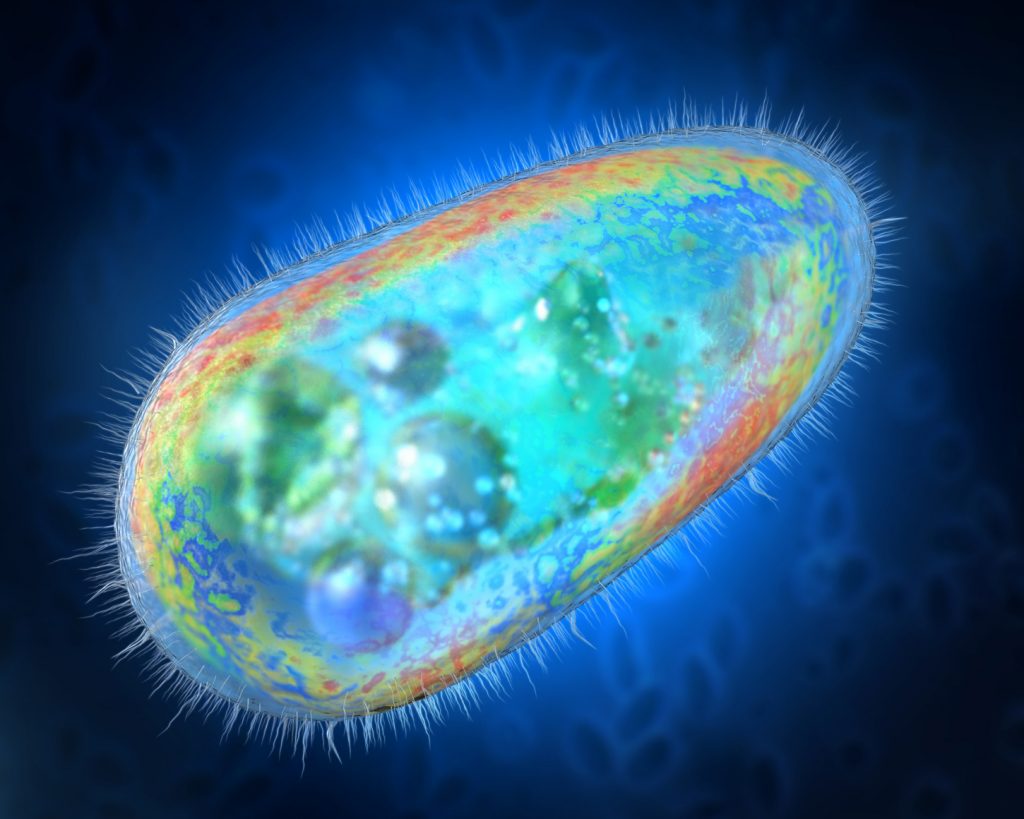dysbiosis, gastrointestinal microbiota, Herbal medicine, Hydrogen sulphide, SIBO
Codonopsis: A Novel Herbal Approach to Hydrogen Sulphide Gas-Producing Bacteria
When preparing for my recent lecture at the 11th Herbal & Naturopathic International Conference – Using Herbal Medicines to Modify the Microbiota – I came across an interesting study that looked at the impact of dang shen (Codonopsis pilosula) on the gut microbiota – and specifically gastrointestinal concentrations of Desulfovibrio spp. – a key gastrointestinal hydrogen-sulphide gas-producer.
Most species of bacteria in the colon produce hydrogen gas as a byproduct of fermentation. Some of this microbially-produced hydrogen stays as hydrogen, but some is consumed by other bacteria or archaea. These hydrogen consumers are termed hydrogenotrophs. Hydrogen is shunted down one of three pathways, into methane (by methanogens), acetate (by acetogens), and hydrogen sulphide (via sulphate-reducing bacteria).
This hydrogen pathway is important because excess production of hydrogen sulphide gas has been linked to colonic inflammation, increased gut permeability, visceral hypersensitivity (one of the main drivers of IBS), inflammatory bowel disease (IBD), and colorectal cancer. Sulphate-reducing bacteria (SRB) are also postulated to play a causative role in some cases of small intestinal bacterial overgrowth (SIBO) – commonly referred to as hydrogen-sulphide SIBO.
Agents capable of reducing populations of these bacteria are sorely needed, and to date there has been little research done into agents proficient at decreasing SRB populations. So, I was super excited to come across this study that looked at the impact of dang shen on one of the main hydrogen-sulphide gas producers in the human gastrointestinal tract – the Proteobacteria Desulfovibrio spp..
Dang shen is commonly referred to as “poor man’s ginseng”, as it is used for similar purposes as Korean ginseng, but is far less costly and easy to come by. This study utilised a mouse model of IBD to investigate the impact of Codonopsis on the microbiota (Jing et al., 2018). The polysaccharide components were isolated from dang shen roots and administered to the mice. The dose used was equivalent to the high end of the traditionally recommended dose for this herb – 30g/day. Clear prebiotic-like effects were observed, such as increases in concentrations of beneficial members of the gastrointestinal ecosystem, such as Bifidobacterium spp., Akkermansia spp., and Lactobacillus spp.. Conversely, populations of pathobionts like Alistipes spp., and Desulfovibrio spp. were inhibited.
As pointed out, it was the polysaccharides of Codonopsis that demonstrated this capacity to reduce populations of SRB, whilst concurrently increasing beneficial bacteria populations. Thus, we need to use extraction techniques that are capable of extracting the water-soluble dang shen polysaccharides. Customarily in Traditional Chinese Medicine (TCM), Codonopsis is extracted via decoction. This preparation technique would undoubtedly work well to extract out the polysaccharides. Other suitable options would include just chewing up and consuming the root chunks (luckily they taste quite pleasant), adding the root to soups and stews, or grinding the chunks into a powder and using this in smoothies etc…
I have only just started using Codonopsis for this application in clinic, so I haven’t yet had the opportunity to systematically observe the impact on GIT concentrations of SRB. But I wanted to get this research out there so that others could start trialling this herb – as tools to address an overgrowth of hydrogen sulphide-producing bacteria are few and far between.
I am very curious to get others feedback on the prescription of Codonopsis as an anti-Desulfovibrio agent. Feel free to post your experiences below.
Note: For a limited time, Probiotic Advisor is offering FREE access to Dr Hawrelak’s 1-hour webinar on Using Herbal Medicines to Modify the Microbiota – enrol today!
Jason Hawrelak
ND, BNat (Hons), PhD, FNHAA, MASN, FACN
Chief Research Officer
Probiotic Advisor
References
Jing, Y., Li, A., Liu, Z., Yang, P., Wei, J., Chen, X., … Zhang, C. (2018). Absorption of Codonopsis pilosula Saponins by Coexisting Polysaccharides Alleviates Gut Microbial Dysbiosis with Dextran Sulfate Sodium-Induced Colitis in Model Mice. BioMed Research International, 2018, 1–18. https://doi.org/10.1155/2018/1781036

